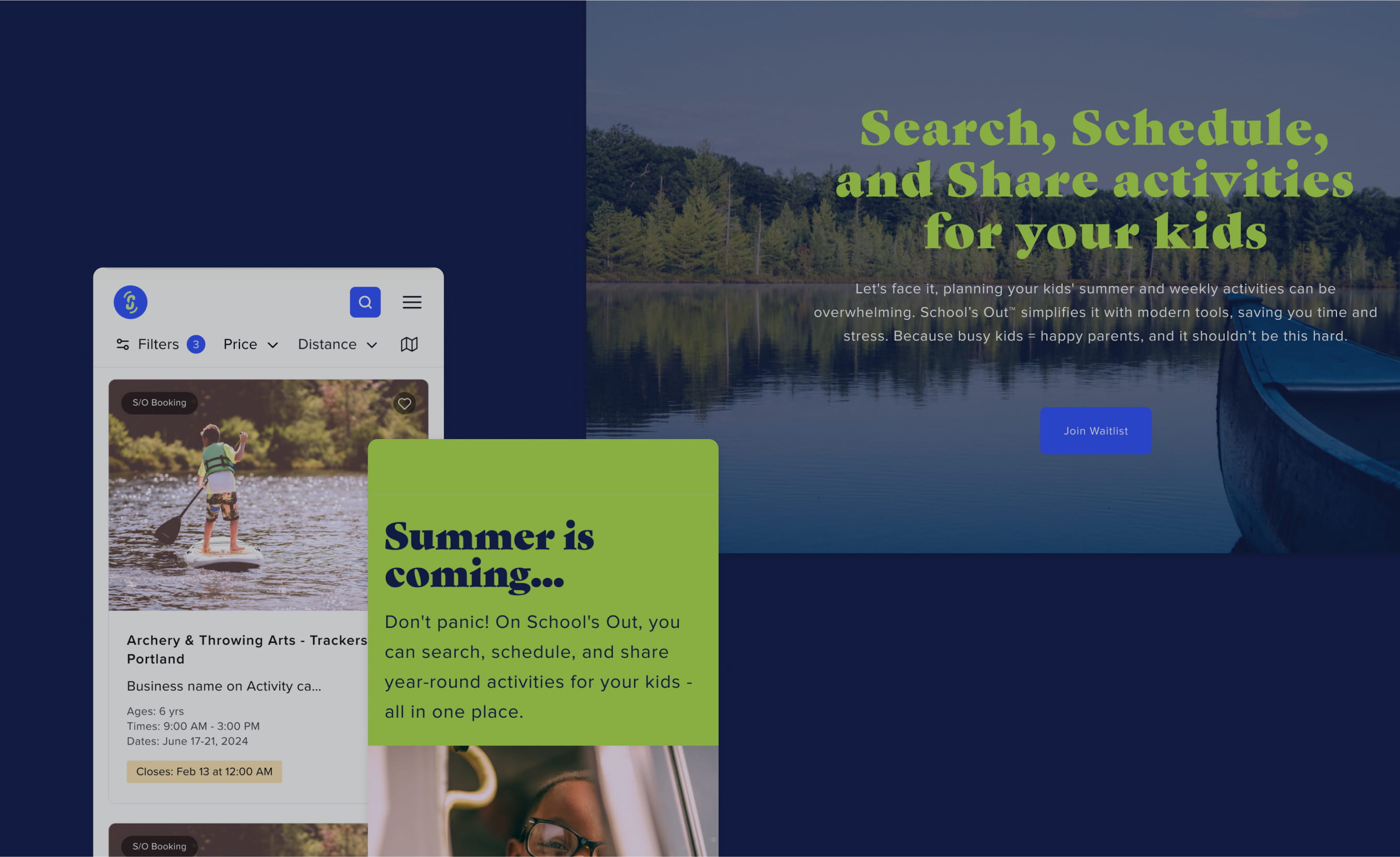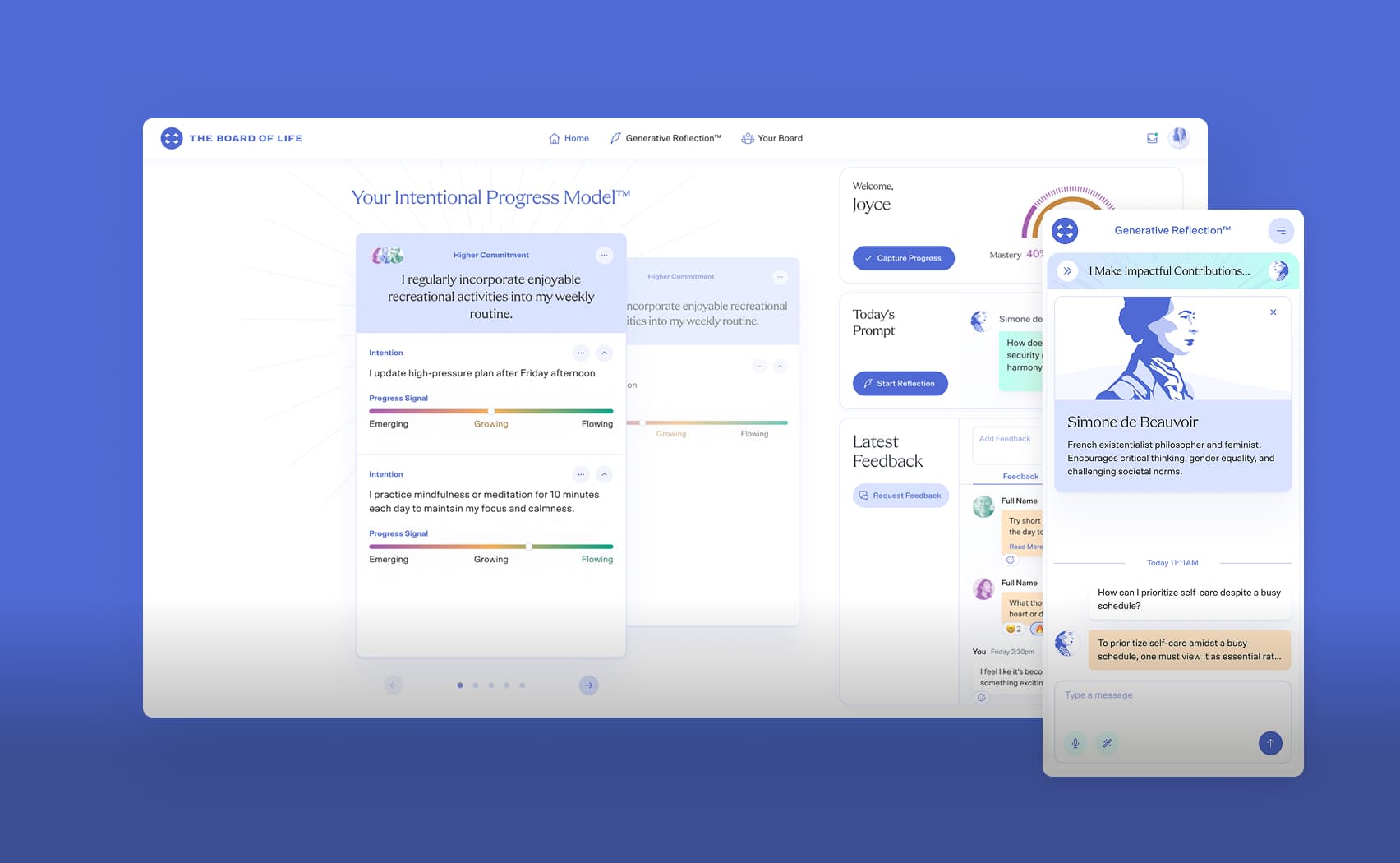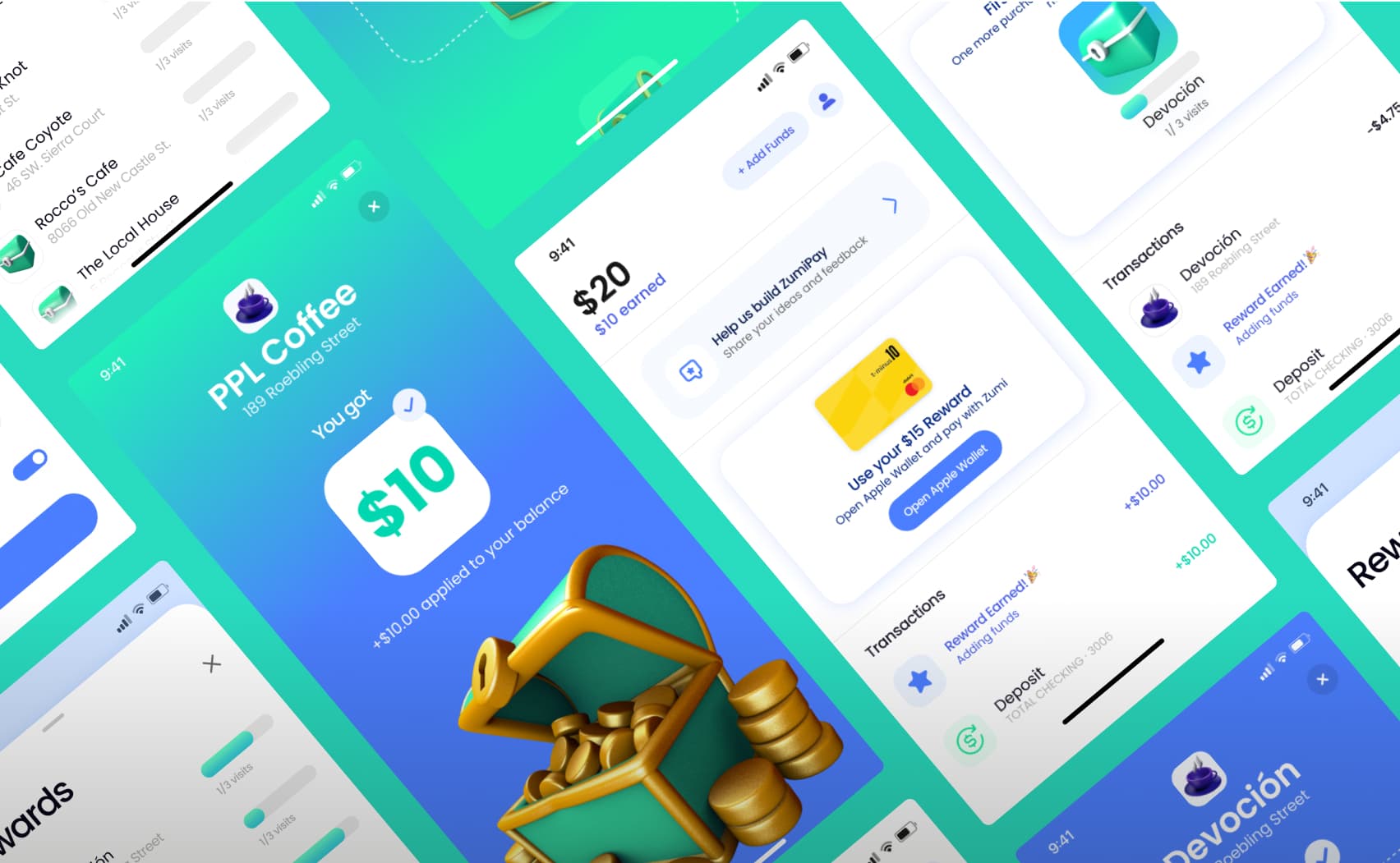Optimizing Your Website For Voice Search
Since Siri debuted on iOS in 2010, we’ve seen a slew of other voice-driven AI assistants. Alexa, Google Assistant, and Cortana have become household names.
At the same time, smart speakers have become ubiquitous in households and workplaces, making voice-driven computer human interaction commonplace. The result is that over 40% of people in the US now use voice search at least once per day, and that number is only likely to rise.
When people use voice search, they search differently than they would if they typed their search into a computer. They are more likely to use full, descriptive sentences, like: “Hey Siri! Where can I find a great cupcake shop near me?”
This fact has changed the landscape of SEO. Whereas before the emphasis was on isolated keywords, voice search has shifted focus towards complete thoughts. Businesses can take advantage of this trend by optimizing their websites for voice search.
Some good strategies include:
- Targeting long-tail keywords
- Prioritizing local SEO
- Using conversational language
- Using schema markup
- Optimizing for mobile
- Maximizing speed
Keep in mind that voice search helps more than just people who are too busy to type. Voice search is also a crucial tool for people who are motor or visually impaired, and it gives them a way to access and interact with the internet. Building websites that are voice search optimized helps build a more equitable, accessible online world.
Targeting Long Tail Keywords
Long tail keywords are keywords that are so specific they are rarely searched for. However, if you target these keywords, you may achieve higher conversion rates, because of their specificity, and due to lack of competition.
Questions, like the ones you might ask Siri, are more likely to be long tail keywords. For example, there might be millions of searches a day for “cupcakes”. But there will be very few for “Where can I find great raspberry flavored cupcakes in Williamsburg?”
And most question searches will come from voice. Someone might type “cupcakes raspberry Williamsburg” into a computer. But they will never ask Siri something like this: “Hey Siri! Cupcakes raspberry Williamsburg.”
Prioritizing Local SEO
A corollary to targeting long tail keywords is that it helps to prioritize local SEO. You can be very specific about a local business. Related search queries might include information related to city, district, neighborhood, or proximity to public transportation.
Local SEO goes beyond search. Business owners can also create a Google Business profile and make sure their Google Maps info is up to date. The more info Google has about you, the easier it is for Google to connect customers to you.
And think about how important Maps info is- how many times have you tried to find out if a business is open or not, only to find that Google doesn’t have any hours listed?
Using Conversational Language
To optimize content for voice search, use conversational language throughout. This creates continuity between a voice search user’s command and the content they receive.
Many users also go a step further and have their search spoken back to them, in an entirely auditory computer experience. In this case, people prefer to listen to content that is already formatted like a human speaker.
This varies from industry to industry, of course. While it might make sense for a cupcake bakery to stick to conversational language throughout, a company that produces high tech pharmaceutical QA software might be better off with a strictly professional tone.
Using Schema Markup
Schema Markup is a form of structured data you can add to your website’s HTML to provide more information about your business. This includes facts like hours, location, contact info, and pricing. Much of the same information can also be found in Maps, but having schema markup will give Google one more opportunity to connect your business to customers.
Schema Markup is essentially invisible to humans. The typical visitor to your site will not peer deeply into your HTML to see if you have any Schema Markup. Nor should they have to, since your hours and location should be visible on your website, anyway. Schema Markup is just for search indexing.
Optimize For Mobile
Most people using voice search are searching on their phones. Unsurprisingly, it helps to optimize your website for mobile. This includes using mobile-friendly rendering options, like Accelerated Mobile Pages.
To be fair, most people using any kind of search are searching on their phones. Almost 60% of global web traffic is carried out on mobile phones. So optimizing for mobile is just a good idea in any situation.
Maximize Speed
Many things that are a smart idea for typed search will also be a smart idea for voice search. Most searches are still typed, so it makes sense to target typed-relevant keywords and optimize for traditional search.
Page loading speed is an important factor for every web search. People are more likely to click away if your website takes longer than two seconds to load. And Google does not like it when people click away from a link.
How JetRockets Optimizes For Voice Search
JetRockets builds custom web apps and mobile experiences for clients in many different industries. We specialize in Ruby on Rails for building websites, and optimize your project to fit your needs.
Voice Search is one factor among many that we take into consideration when building websites. We also pay attention to factors like traditional SEO, user interface, functionality, and security.
Our priority is to align our goals with yours, to produce exactly the outcomes you need, and to further your business with the latest in web technology. If you are interested in learning more, feel free to drop us a line.



